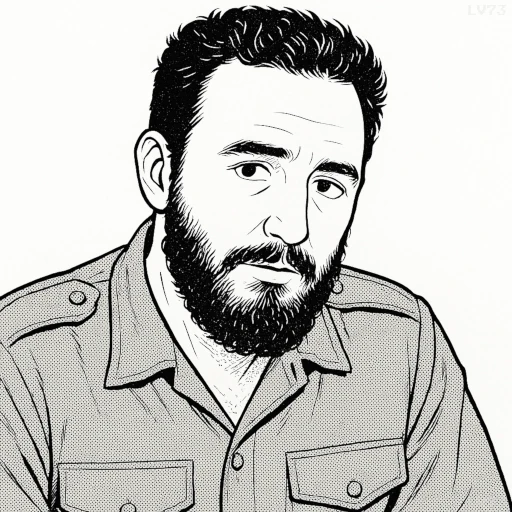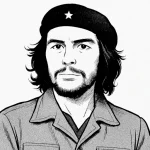“Christ didn’t choose the rich to preach the doctrine; he choose 12 poor ignorant workers – that is, he chose the proletariat of the times.”

- August 13, 1926 – November 25, 2016
- Cuban
- Revolutionary, Prime Minister and President of Cuba, Communist Leader
table of contents
Quote
“Christ didn’t choose the rich to preach the doctrine; he choose 12 poor ignorant workers – that is, he chose the proletariat of the times.”
Explanation
This quote draws a deliberate parallel between Christian teachings and Marxist ideology, presenting Jesus Christ as a figure who aligned himself not with wealth and privilege, but with the poor and working class. By identifying the disciples as “poor ignorant workers,” Fidel Castro reframes the Apostles as symbolic predecessors of the proletariat, the class central to Marxist revolutionary theory. The statement elevates the moral and transformative power of the common people, casting them as both spiritual and political agents of change.
Historically, this interpretation served Castro’s broader effort to reconcile revolutionary socialism with religious sentiment, especially in a predominantly Catholic country like Cuba. Rather than positioning Marxism and Christianity as inherently opposed, he emphasizes their shared focus on justice, humility, and the upliftment of the oppressed. It was a strategic move to garner support from religious sectors without compromising his political stance, by presenting revolution as a continuation of an age-old struggle for dignity and equality.
In the modern world, this quote resonates with ongoing debates about the role of faith in social justice movements. It challenges hierarchical religious institutions to reflect on the radical, egalitarian roots of their own traditions, and it invites political movements to acknowledge the moral force of collective action by the marginalized. Castro’s framing insists that true doctrine—whether sacred or secular—begins not with the elite, but with the disempowered striving for a better world.
Would you like to share your impressions or related stories about this quote in the comments section?




